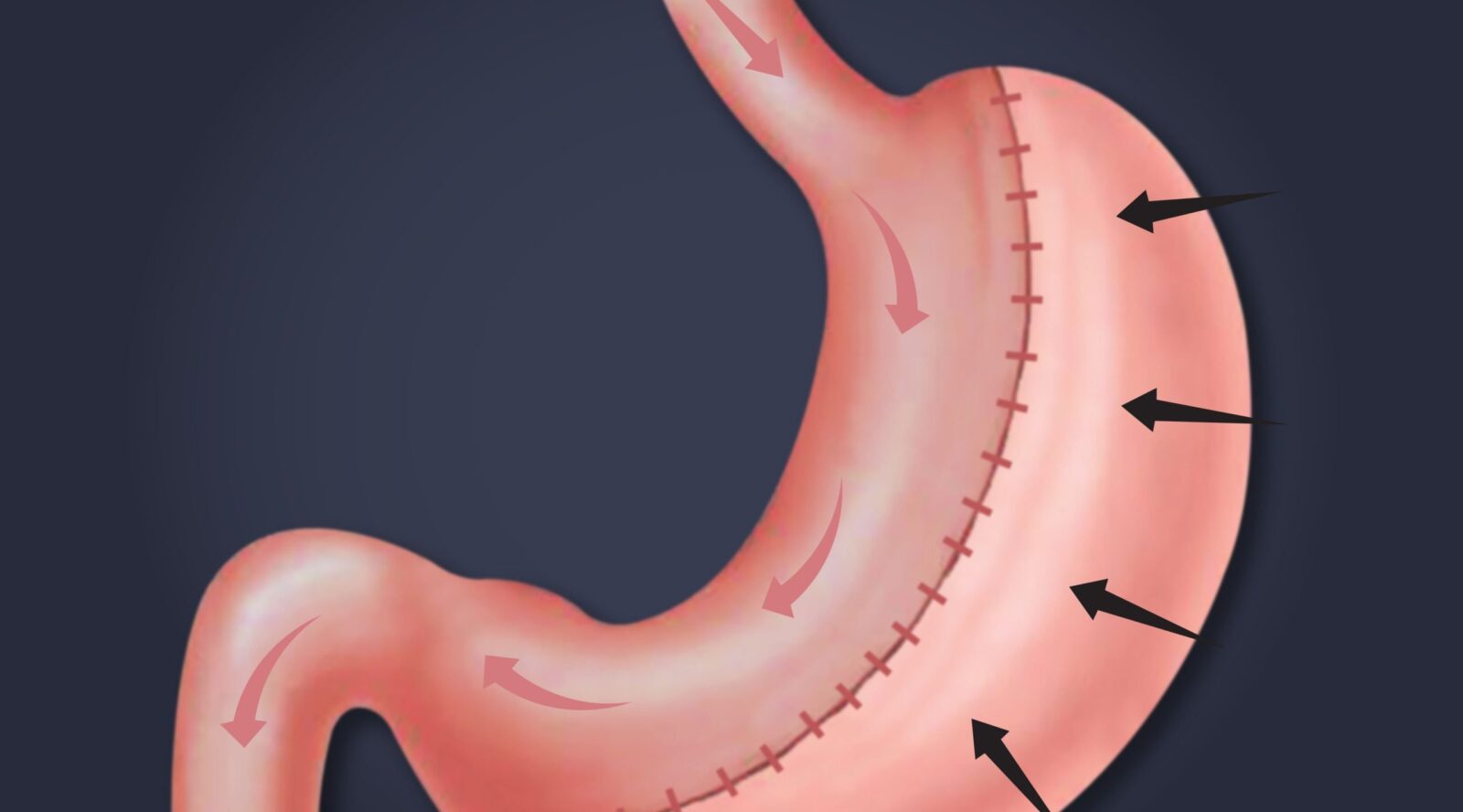Introduction
Have you ever wondered what happens when a gastric sleeve surgery doesn’t go as planned? In this article, we will dive deep into the world of gastric sleeve revision requirements. We will explore the reasons why some individuals may need a revision surgery after their initial gastric sleeve procedure. Get ready to uncover the unknown and gain a comprehensive understanding of gastric sleeve revision requirements!
What is Gastric Sleeve Revision?
Before we delve into the requirements for gastric sleeve revision, let’s first understand what this procedure entails. Gastric sleeve surgery, also known as sleeve gastrectomy, is a bariatric procedure that involves reducing the size of the stomach by approximately 80%. This restrictive procedure helps individuals achieve weight loss by limiting the amount of food they can consume.
Gastric sleeve revision, on the other hand, is a secondary surgery that is performed after the initial gastric sleeve procedure. It is usually required when there are complications or inadequate weight loss following the primary surgery. Now, let’s explore the various reasons why someone might need a revision surgery.
Reasons for Gastric Sleeve Revision
Inadequate Weight Loss
One of the primary reasons for gastric sleeve revision is inadequate weight loss. While the majority of individuals experience significant weight loss after the initial surgery, there are cases where the desired results are not achieved. Factors such as lifestyle choices, hormonal imbalances, and genetic predisposition can contribute to inadequate weight loss. In such cases, a revision surgery may be recommended to help the patient achieve their weight loss goals.
Gastroesophageal Reflux Disease (GERD)
GERD, also known as acid reflux, is another common reason for gastric sleeve revision. Some individuals may develop GERD symptoms after the initial surgery due to changes in the anatomy of the stomach. The increased pressure caused by the reduced stomach size can lead to acid reflux and heartburn. If these symptoms persist and significantly impact the patient’s quality of life, a revision surgery may be necessary to alleviate the condition.
Complications and Side Effects
Like any surgical procedure, gastric sleeve surgery carries potential risks and complications. While most patients experience a smooth recovery, some may encounter complications such as leaks, strictures, or infections. If these complications arise and cannot be effectively managed through non-surgical means, a revision surgery may be required to address the issue and ensure the patient’s well-being.
Stretched Stomach Pouch
Over time, the stomach pouch created during the initial gastric sleeve surgery may stretch, allowing individuals to consume larger quantities of food. This can lead to weight regain and hinder the patient’s long-term success. In such cases, a revision surgery may be recommended to reduce the size of the stomach pouch and restore the restrictive effects of the procedure.
Conclusion
Gastric sleeve revision requirements vary depending on individual circumstances and the specific reasons for seeking revision surgery. It is crucial for patients to consult with their healthcare provider to determine whether a revision surgery is the right course of action for them. Understanding the potential reasons for revision and being informed about the process can empower individuals to make informed decisions about their weight loss journey.













